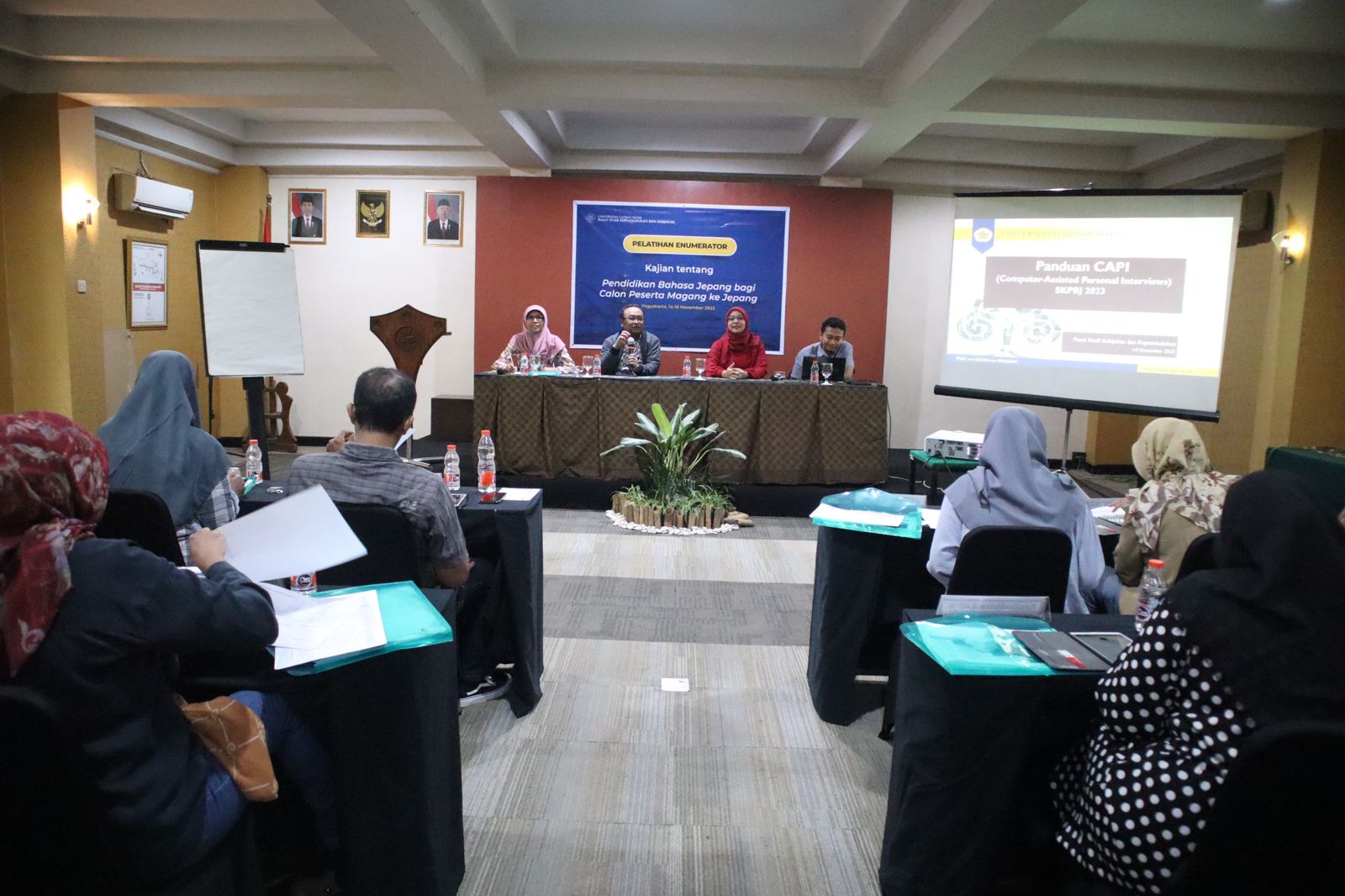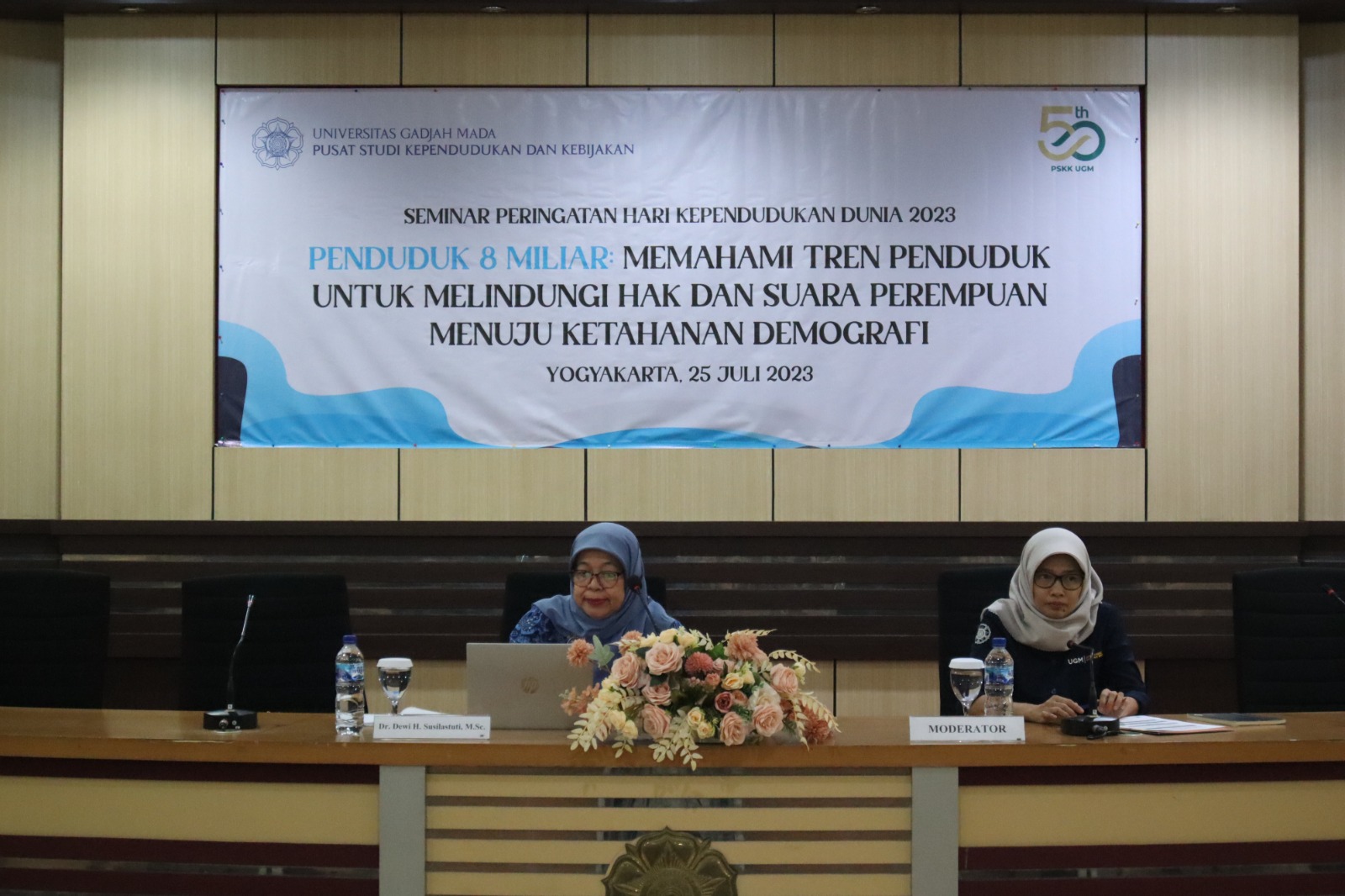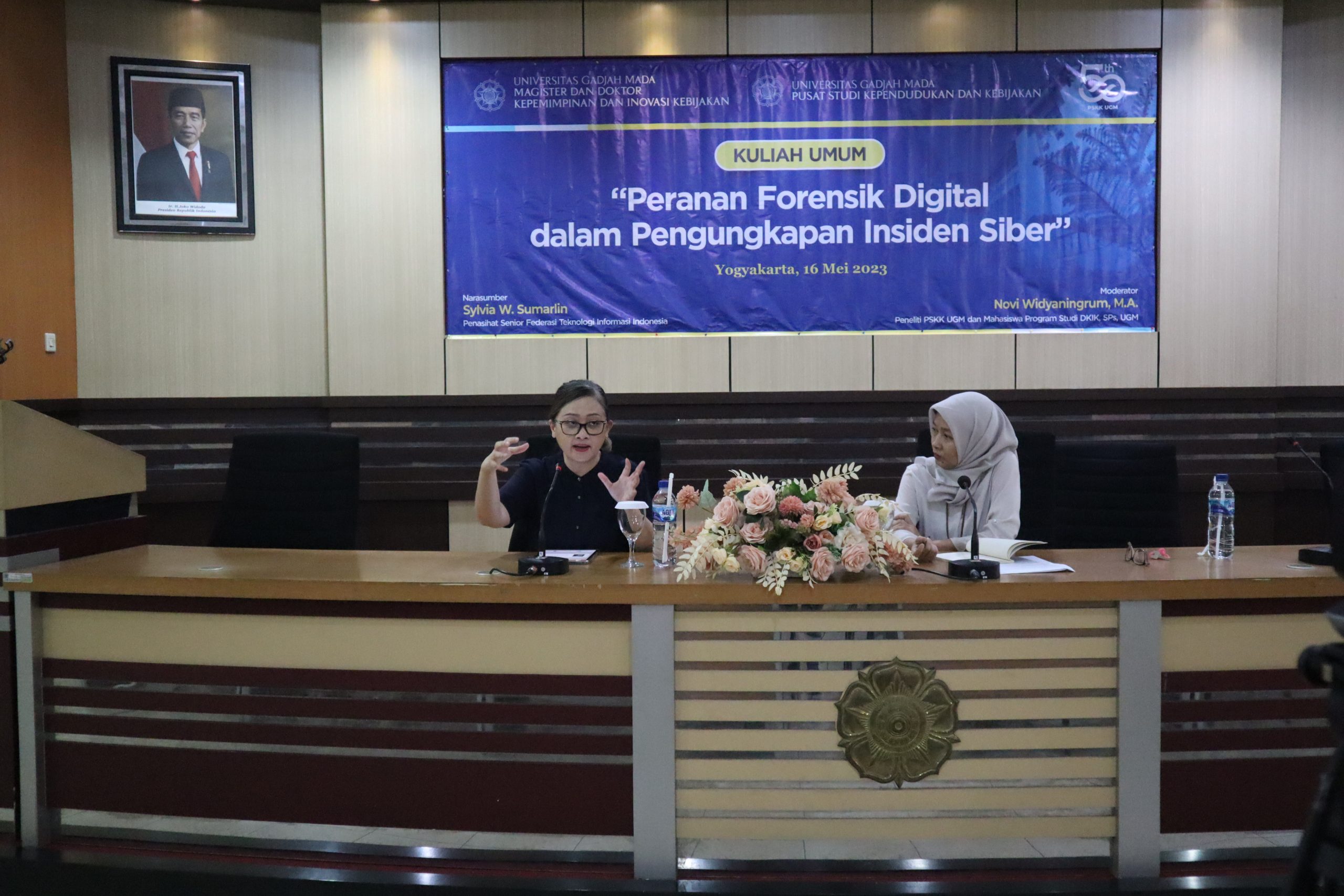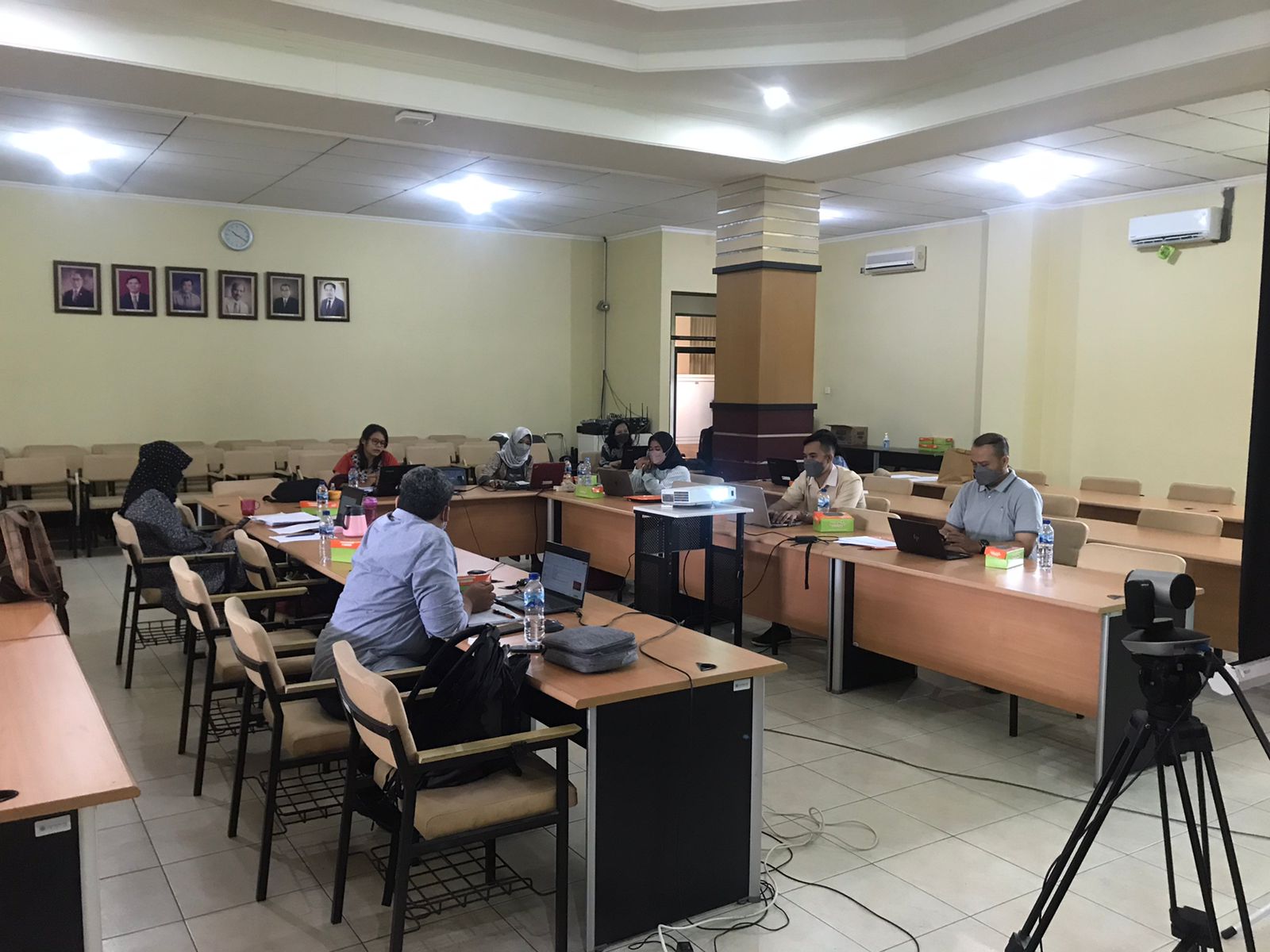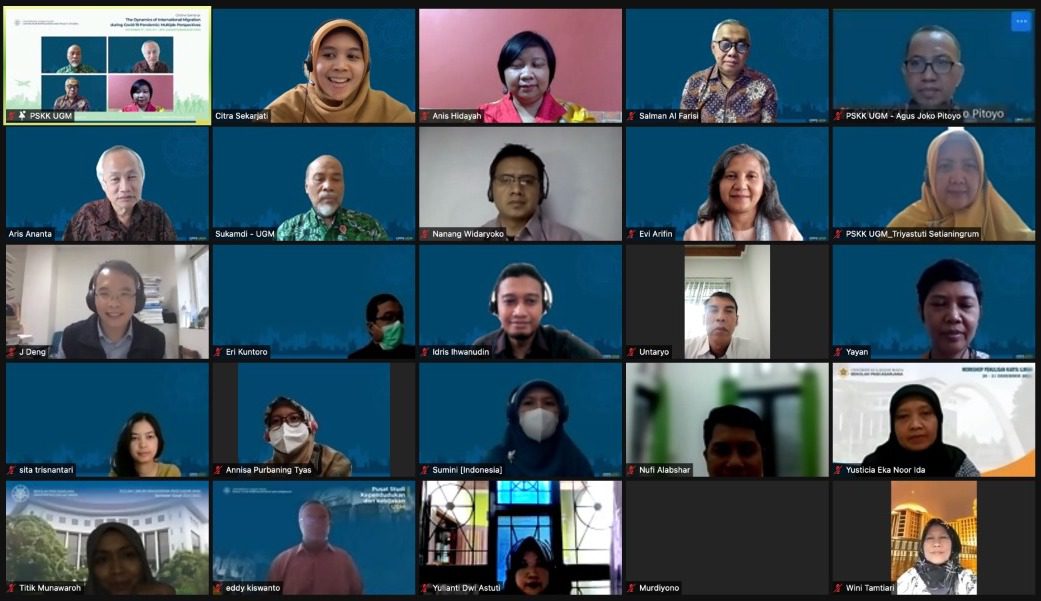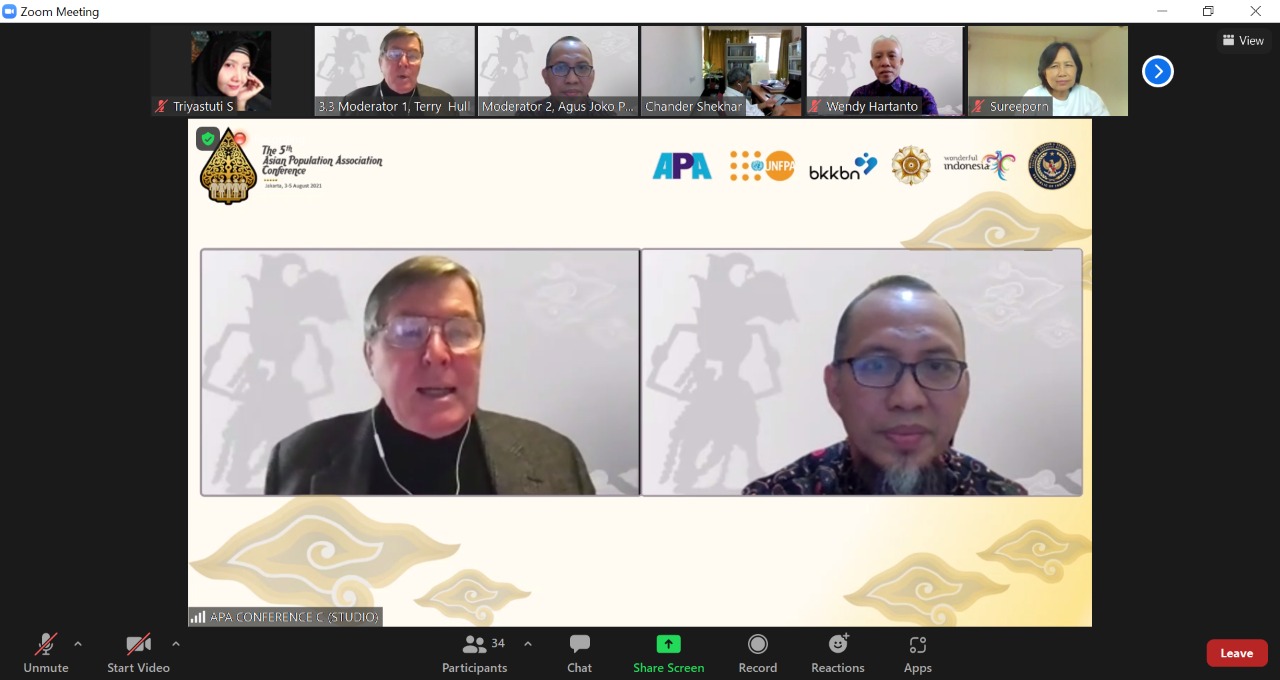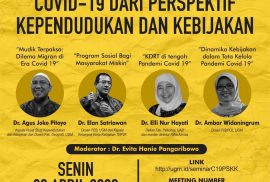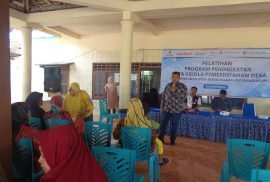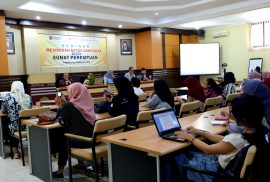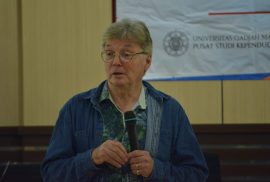Arsip:
Events
Yogyakarta – Center for Population and Policy Studies (CPPS) UGM in collaboration with the Japan International Cooperation Agency (JICA) conducted a study regarding the Japanese language training system for internship and/or work programs in Japan […].
Yogyakarta – In commemoration of World Population Day 2023, the UGM Center for Population and Policy Studies (CPPS) held a seminar with the theme “A Population of 8 Billion: Understanding Population Trends to Understand Women’s […].
CPPS UGM – MDKIK SPs UGM in collaboration with CPPS UGM successfully held a public lecture entitled “The Role of Digital Forensics in Disclosure of Cyber Incidents” on Tuesday, 16 May 2023.
CPPS UGM – Center for Population and Policy Studies (CPPS) UGM held a Training on Acceleration Studies in Underdeveloped Regions on 3-5 March 2022 at Auditorium Dr. Agus Dwiyanto, M.P.A., Masri Singarimbun Building, CPPS UGM.
Center for Population and Policy Studies (CPPS) UGM held an international online seminar titled “The Dynamics of International Migration during Covid-19 Pandemic: Multiple Perspective”.
CPPS UGM – Total Fertility Rate (TFR) is the average number of children born from a woman during her childbearing age (between the ages of 15-49 years).
Center for Population and Policy Studies (CPPS) UGM held an online seminar "Population and Policy Perspective on COVID-19" on Monday (04/20/2020).
Here is the link for the seminar material.
To optimize the mentoring process, CPPS UGM also placed advisors to oversee each activity in the four villages. The advisors’ role is to ensure the process of accelerating program implementation and achieving targets. Also, they were the village stakeholders’ colleagues to implement the program.
According to Basic Health Research (Riskesdas) 2013 data, 51% of Indonesia women at the age of 0-11 years have performed FGM/C. Further, 72.4% of them have performed FGM/C at age of 1-5 months, 13.9% at the age of 1-5 months, 13.9% at the age of 1-4 years, and 3.3% at the age of 5-11 years.
Below we provide the link of monthly seminar #1 material “Finding a Research Gap” by Prof. Ben White. Link #1 Finding a “Research Gap”.

